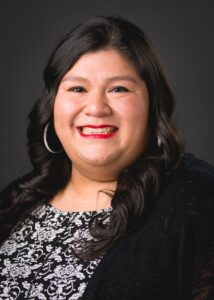Podcast – Dr. Marcus Pimpleton, Chair of the LEV Board
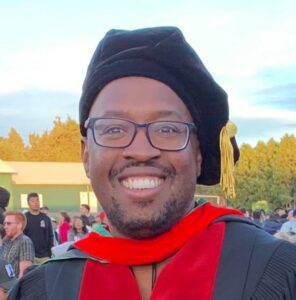 In our Putting Students First podcast, we interview students, policymakers, partners, and thought leaders to spotlight education policies, research, and practices so that together we can create learning environments where every Washington student feels safe, supported, and a positive sense of belonging.
In our Putting Students First podcast, we interview students, policymakers, partners, and thought leaders to spotlight education policies, research, and practices so that together we can create learning environments where every Washington student feels safe, supported, and a positive sense of belonging.
In this episode, League of Education Voters CEO Arik Korman interviews Dr. Marcus Pimpleton, Chair of the League of Education Voters (LEV) Board and Principal at Mariner High School in the Mukilteo School District, about how he bridges cultural divides, how he engages students as a leader, how to embed equity into Washington state’s K-12 system, what worked and what didn’t work in his own education journey, and how he would change Washington’s education system if he were in charge and there were no budgetary constraints.
Listen on Spotify, Apple Podcasts, Amazon Music, iHeartRadio, or Spreaker
Listen:
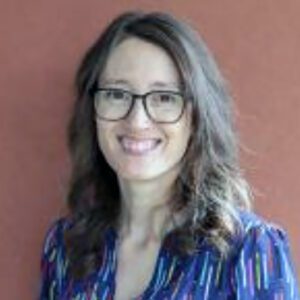 In our
In our 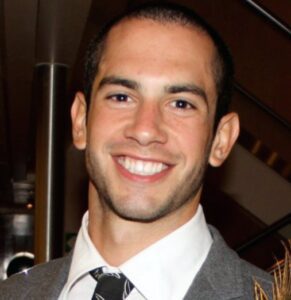 I find myself in a state of déjà vu. Eight years ago, I stood in my office uncertain about what effects the federal election would have on the clients and community I served. At the time, I was in charge of an immigration program for LGBTQ+ Latinos at
I find myself in a state of déjà vu. Eight years ago, I stood in my office uncertain about what effects the federal election would have on the clients and community I served. At the time, I was in charge of an immigration program for LGBTQ+ Latinos at 
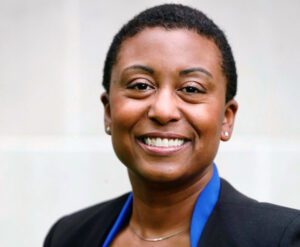 In this episode, League of Education Voters CEO Arik Korman interviews Yale School of Management professor Ebony Reed, a seasoned journalist who is also the Chief Strategy Officer at
In this episode, League of Education Voters CEO Arik Korman interviews Yale School of Management professor Ebony Reed, a seasoned journalist who is also the Chief Strategy Officer at 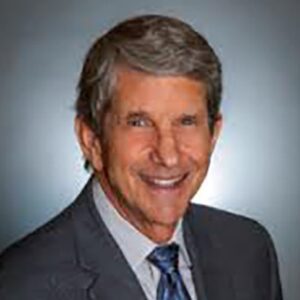 In this episode, League of Education Voters CEO Arik Korman interviews game-changing disability rights attorney
In this episode, League of Education Voters CEO Arik Korman interviews game-changing disability rights attorney 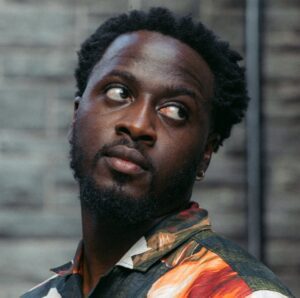 In this episode, League of Education Voters CEO Arik Korman interviews
In this episode, League of Education Voters CEO Arik Korman interviews 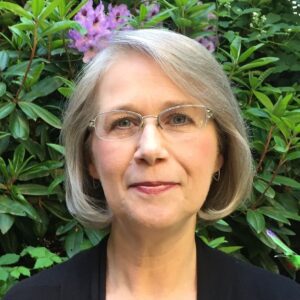 Washington Game Changers with Lauri Hennessey features leaders who give back to our community, drive innovative solutions, and inspire others in making our state more equitable and just. This podcast is a one-on-one conversation with these powerful leaders in a time when we need to hear about more good in the world.
Washington Game Changers with Lauri Hennessey features leaders who give back to our community, drive innovative solutions, and inspire others in making our state more equitable and just. This podcast is a one-on-one conversation with these powerful leaders in a time when we need to hear about more good in the world.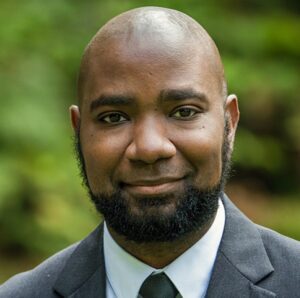 In our
In our 